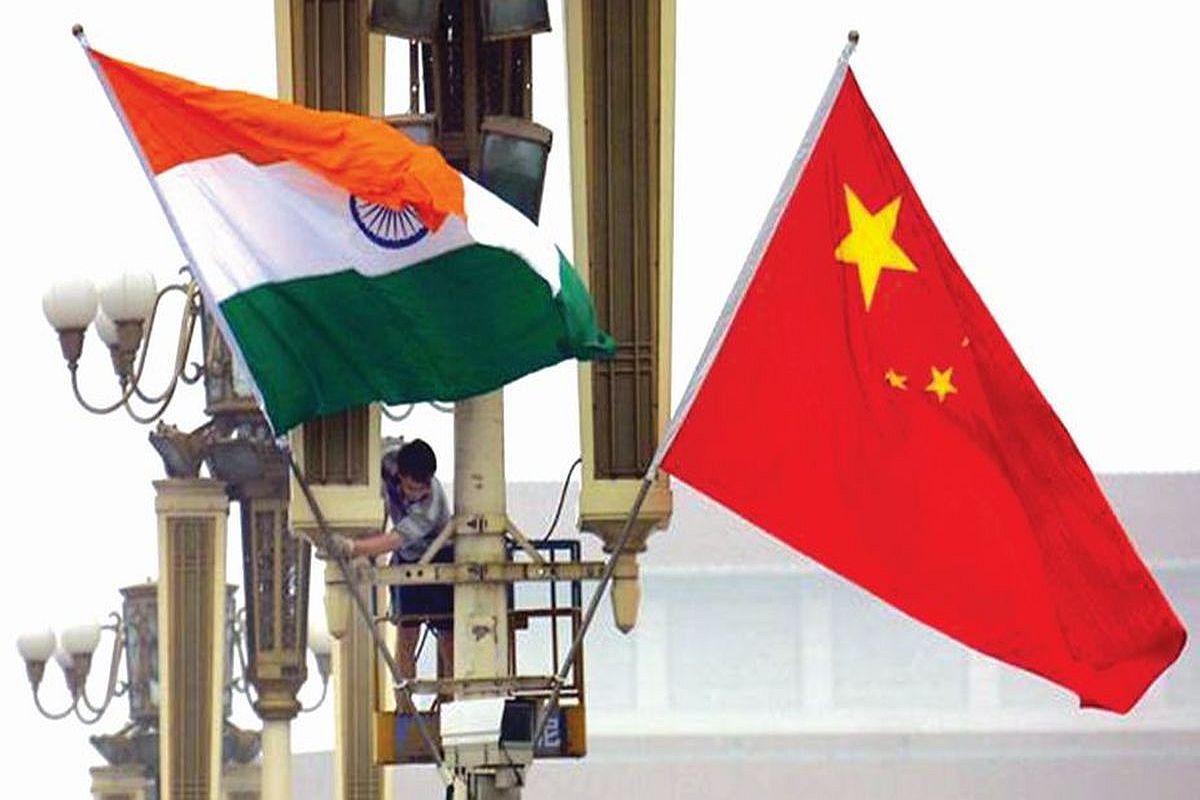Two heavily armed Pakistani terrorists killed at LoC in Poonch
The Pakistani terrorists on Friday foiled an infiltration bid and killed two heavily armed Pakistani terrorists at the Line of Control (LoC) in the Poonch sector.
However, this development comes even before Indian government’s move to ban 59 applications including TikTok, UC Browser and other Chinese apps.

Indian and Chinese flags (File Photo: AFP)
Amid ongoing border tension between China and India following the June 15 Galwan valley standoff, Indian newspapers and websites cannot be accessed in Beijing now without Virtual Private Network (VPN) server.
However, Indian newspapers and TV channels continue to pick up reports about the People’s Liberation Army (PLA) from Chinese Communist propaganda sites.
Advertisement
Indian TV channels can be accessed through IP TV as of now. And ExpressVPN has not been working in the Communist state for the past two days on iPhone as well as desktops.
Advertisement
A virtual private network (VPN) is a powerful tool that gives users online privacy and anonymity by creating a private network from a public internet connection. VPNs mask internet protocol (IP) address so a user’s online actions are virtually untraceable.
But China has created such a technologically advanced firewall that it blocks even the VPNs.
The blocking of Indian websites is the latest escalation in the tensions between the two countries.
However, this development comes even before Indian government’s move to ban 59 applications including TikTok, UC Browser and other Chinese apps “prejudicial to sovereignty and integrity and defence” of the country.
Amid strained bilateral relations between India and China following the death of 20 Armymen in the Galwan Valley clash with Chinese PLA troops in eastern Ladakh on June 15, Indian banned 59 apps with Chinese links.
Upon receiving of recent credible inputs that such Apps pose threat to sovereignty and integrity of India, the Government of India has decided to disallow the usage of certain Apps, used in both mobile and non-mobile Internet-enabled devices, a Ministry of Electronics and Information Technology statement read.
Meanwhile, China on Tuesday expressed strong concerns over Delhi’s move.
Briefing media on the development, Chinese Foreign Ministry spokesperson Zhao Lijian said Beijing is “strongly concerned” and was “verifying the situation”.
Lijian further stressed that the Chinese government has always asked its businesses to abide by international and local laws and regulations.
“Indian Government has a responsibility to uphold the legal rights of international investors including Chinese ones,” the Foreign Ministry spokesperson added.
(With agency inputs)
Advertisement